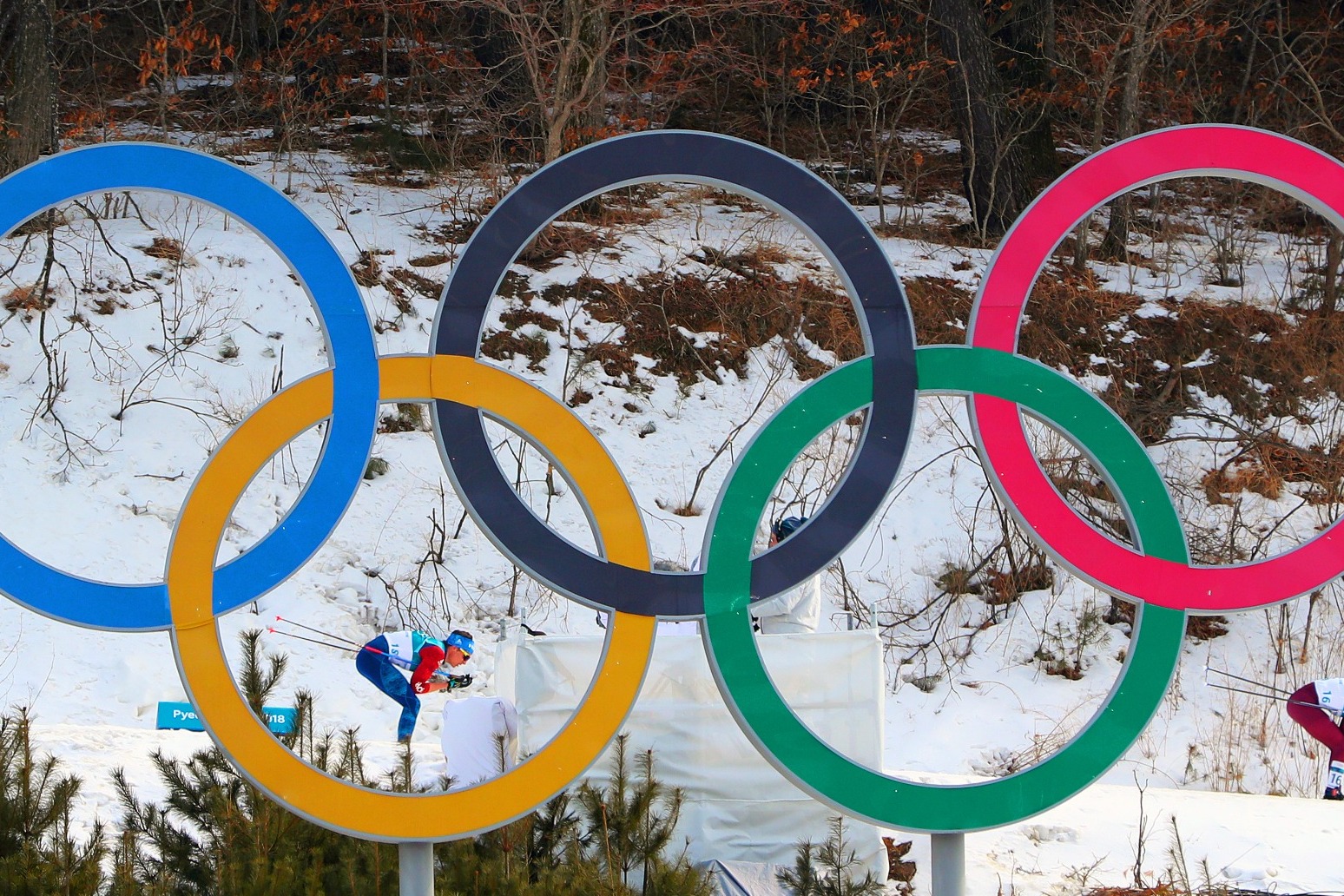
British athletes need freedom of expression in Beijing – Amnesty International
British athletes’ rights to free expression must be upheld at the Beijing Olympic Games, Amnesty International has said.
The UK chief executive of the human rights organisation, Sacha Deshmukh, has written to his counterpart at the British Olympic Association, Andy Anson, urging the BOA to avoid placing restrictions on athletes.
Amnesty said campaign messages, such as the ‘Where is Peng Shuai?’ T-shirts and banners which were initially banned by organisers of the Australian Open tennis tournament, must be supported by the BOA.
The letter provided Anson with an update on the “intensifying” suppression of human rights in China, citing the persecution of Uyghur Muslims in the Xinjiang province, the crackdown on democratic protests in Hong Kong and continuing concerns over tennis star Peng Shuai’s freedom and well-being.
The International Olympic Committee said on Wednesday that its representatives had spoken to Peng last week and were planning to meet her in Beijing next week, but has faced criticism over its handling of her situation.
Deshmukh said: “The British Olympic Association mustn’t repeat the Australian Open’s disastrous T-shirt ban and should instead support Team GB athletes wanting to speak about human rights in China.
“From the industrial-scale detention and torture of Uyghur people in Xinjiang, to the jailing of protesters in Hong Kong – these Games are taking place in the shadow of China’s horrific human rights abuses.
“If the British Olympic Association resorts to muzzling athletes it will be complicit in China’s sportswashing attempts and complicit in its massive programme of systematic human rights abuse.
“These Games should not become a rights-free zone – freedom of speech and the right to openly debate and discuss human rights should be an integral part of these Games.”
Anson spoke about athletes’ rights to express themselves earlier this month, prior to receiving the letter from Amnesty.
He said: “We definitely want our athletes to be respectful of the athletes they are standing on the podium with, (but) we are not going to stifle their freedom of expression.
“We’ve told the athletes all along that we’re very happy for them to express themselves but to be sensible and to ideally touch base with us if they feel that they’re doing anything at all controversial. We are not the ones who are going to stop our athletes expressing opinions.”
Rule 50 of the Olympic Charter places restrictions on political protests at Games venues and sites.
The rules were relaxed slightly ahead of the Tokyo Games to allow athletes to express their views on the field of play before competition, provided this was “not targeted, directly or indirectly, against people, countries (or) organisations”.
This allowed, for instance, the women’s football team to take the knee before matches. However, any protest deemed to be targeted at the Chinese government would still be prohibited in Olympic sites and venues.
Published: by Radio NewsHub